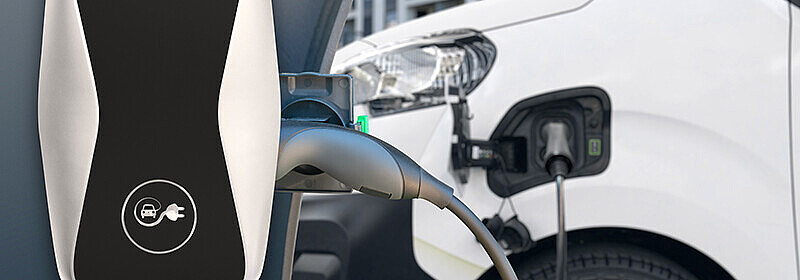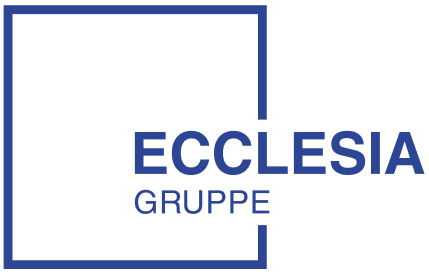
Thinking electromobility economically: with holistic support for a climate-friendly vehicle fleet
With the decision to no longer allow new cars with combustion engines in the EU from 2035, it is clear that the course has been set. However, there is still uncertainty in many organisations when it comes to concrete implementation. After all, sustainable mobility must not only be ecologically sensible, but above all economically viable. This is precisely where the Ecclesia Group's ecmobility competence centre comes in - with a holistic approach to the motor vehicle ecosystem and an often underestimated economic lever: the GHG quota.
The transition begins with answering these questions:
- Is electrification worthwhile for my company?
- Which vehicles fit my application profile?
- How can CO₂ emissions and operating costs be reduced?
- What funding opportunities are available for vehicles and charging infrastructure?
The switch to electromobility not only presents companies and institutions with the question of the right vehicle fleet, but also of a suitable charging infrastructure. This is precisely where ecmobility comes in with an experienced partner: Lade.ZEIT develops customised charging solutions that are precisely tailored to the respective parking space and properties.
Charging infrastructure: customised instead of off-the-shelf
The experts at Lade.ZEIT first analyse the conditions on site and use this as the basis for drawing up an initial rough concept. This is followed by a concrete offer with a detailed concept that also takes current funding opportunities into account. The charging infrastructure specialist then accompanies the implementation - from hardware installation and the awarding of contracts to construction supervision and final acceptance. Particularly attractive for companies: On request, Lade.ZEIT can also take over the monitoring, maintenance and billing of charging processes - including home charging. This means that employees can charge their company vehicle conveniently at home, while billing and reimbursement are handled automatically by the mobility expert. Thanks to other cooperation partners, the consultancy service also includes the operation of public charging points, which can even generate additional income for companies.
GHG quota: an underestimated economic factor
An often overlooked argument in favour of the switch: the GHG quota (greenhouse gas reduction quota). Anyone operating purely battery-electric vehicles can register them with the Federal Environment Agency and receive an annual bonus per vehicle. Nevertheless, this potential remains untapped in many companies. The ecmobility competence centre is working together with carbonify, a leading provider of GHG quota bundling.
"With ecmobility, we have a partner at our side who takes a holistic approach to electromobility - from the charging infrastructure to the fleet strategy. Together, we not only enable companies to make the economic switch to e-mobility, but also to fully utilise the GHG quota. This turns sustainability into a real competitive advantage," says Tim Kimpel, responsible for strategic partnerships at carbonify.
carbonify handles the entire process for Ecclesia customers - from the application to the bundling and payment of the bonus. All they have to do is enter their personal details on the provider's online platform and upload their registration certificate. Ecclesia customers then receive a fixed premium of 90 euros per vehicle for each fully electric vehicle - without any long-term commitment to the provider.
Important: The GHG premium for the current year can be applied for until 31 October!
Conclusion: electric mobility pays off - ecologically and economically
With increasing regulatory requirements, e-mobility is becoming a necessity. However, those who act today can also benefit economically - through subsidies, low operating costs and the GHG quota. "Our customers benefit from a well thought-out ecosystem, experienced partners and individually tailored solutions - from analysis and implementation to optimisation of ongoing operations," says Burkhard Pape, Mobility Management Consultant at ecmobility, summarising the advantages.
